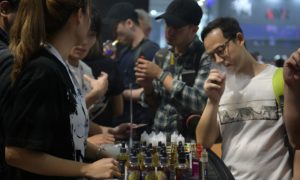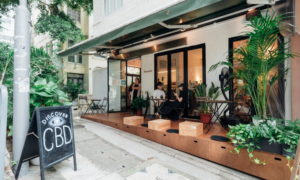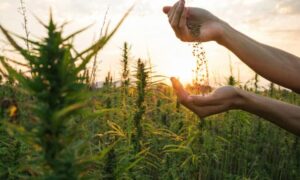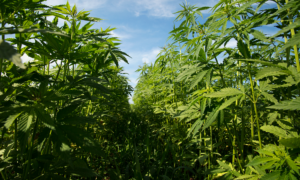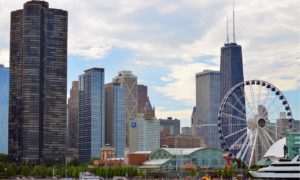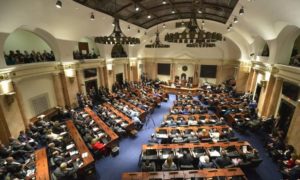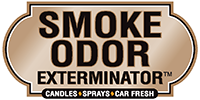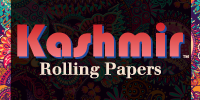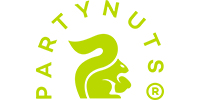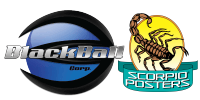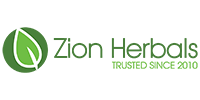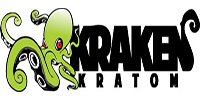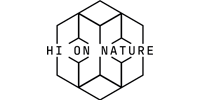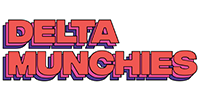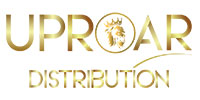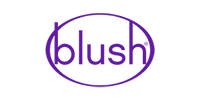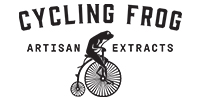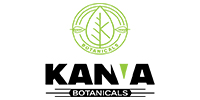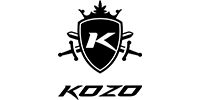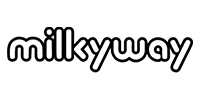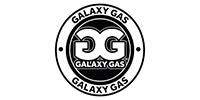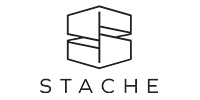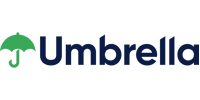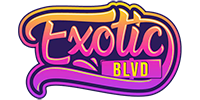More States Take Action Against Delta-8 THC

As of June 21, these states have taken action against delta-8
early as quickly as delta-8 tetrahydrocannabinol (THC) seemed to enter the public sphere, states are taking action to control—and, in some cases, curb—its growth.
In late April, Hemp Grower reported that 12 states had already banned delta-8: Alaska, Arizona, Arkansas, Colorado, Delaware, Kentucky, Idaho, Iowa, Mississippi, Montana, Rhode Island and Utah. At that time, legislative bans were also being pursued in North Dakota, Alabama and Oregon.
Since then, three more states have successfully banned the cannabinoid: New York, North Dakota and Vermont. (Officials in Washington have also interpreted the law to say delta-8 is illegal, though that ban is not enforced—more on that below.) That brings the number of states with delta-8 legislation up to 15.
As of June 21, these states have taken action against delta-8 and similar THC isomers since Hemp Grower’s last report:
- New York: In May, the New York Department of Health (NYDOH) updated its regulations to clarify that hemp cannabinoid products sold in the state may “not contain synthetic cannabinoids, or cannabinoids created through isomerization, including [delta] 8-tetrahydrocannabinol and [delta] 10-tetrahydrocannabinol,” as reported by JD Supra.
- North Dakota: State Gov. Doug Burgum signed House Bill 1045 into law in late April. The law redefines THC as delta-9 THC as well as any of its isomers, including delta-7, delta-8 and delta-10 THC. Products in the state may contain THC (including the aforementioned isomers) as long as all combined THC content remains under the federal limit of 0.3%.
- Vermont: In late April, the Vermont Agency of Agriculture, Food and Markets posted a notice regarding the legality of delta-8 THC. “Is the Manufacture of Delta-8-THC or its Use in Hemp Products Permitted under the Vermont Hemp Program? [sic] The short answer is ‘No,’” the agency writes on its website, clarifying that the state’s hemp rules ban the “use of synthetic cannabinoids in the production of any hemp product or hemp-infused product.” However, the notice also clarifies that producers may create distillates and isolates of hemp’s naturally occurring cannabinoids. (Because delta-8 is most often derived from cannabidiol (CBD) or delta-9 THC conversion, it is considered synthetic.)
- Washington: Also in late April, Washington’s Liquor and Cannabis Board (LCB) issued a policy statement on THC compounds that are not currently specified in Washington law or regulations. “…[D]elta-8 THC, as well as derivatives, extracts, cannabinoids, isomers, and CBD isolate from hemp or other sources that are genetically or chemically altered into compounds may not be produced or processed in LCB licensed facilities, and may not be sold in licensed marijuana retail stores,” the policy states. However, this does not necessarily mean the cannabinoid is banned outright in the state. The LCB’s notice was only an interpretation of the law as it relates to the legal cannabis market. Further, the LCB later clarified that its statement was “advisory only.”
To Read The Rest Of This Article On Hemp Grower, Click Here

